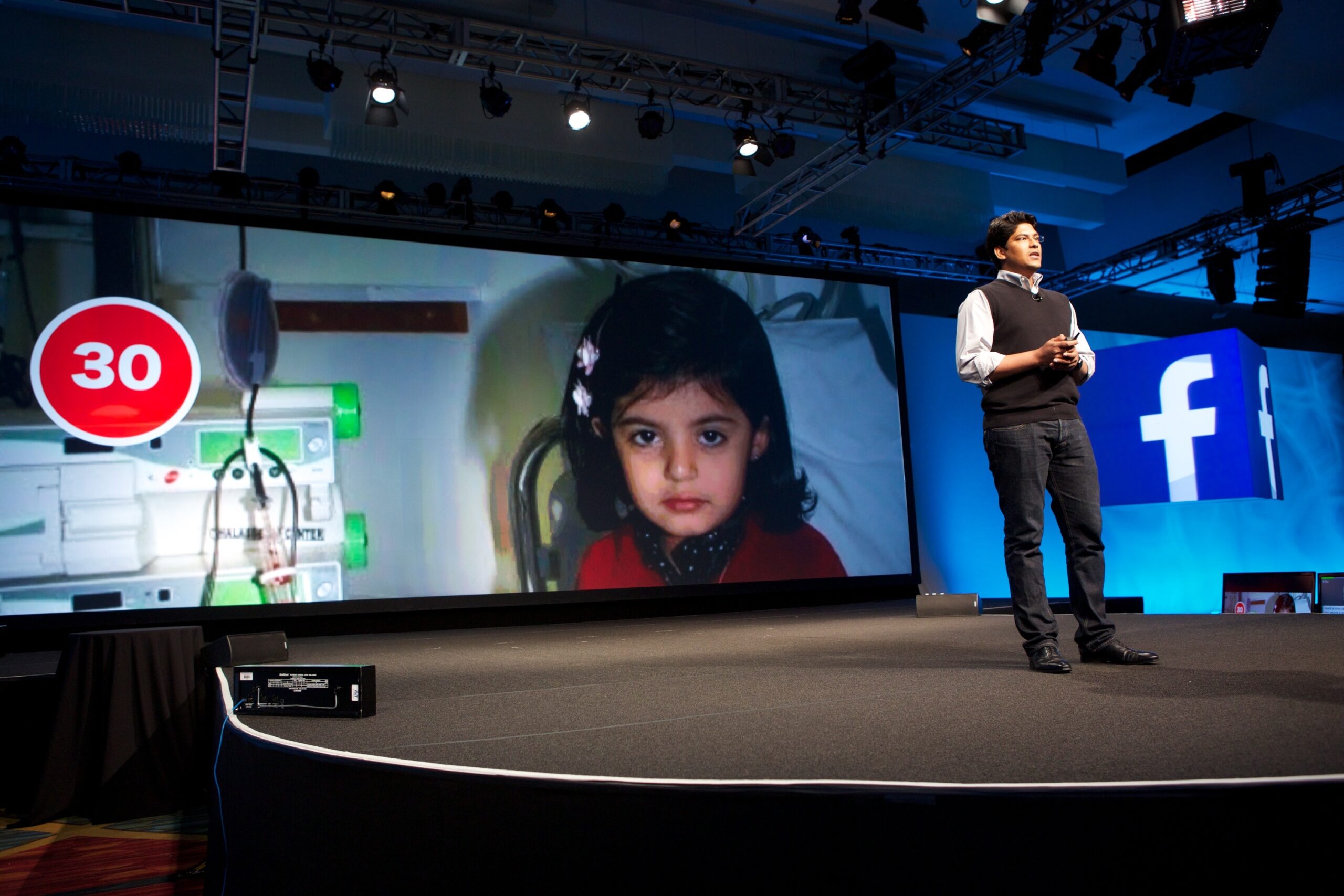"A start-up that uses social media to connect blood donors"
September 30th, 2013 The founder of an innovative social enterprise in India tells Steph Carter, 22, a Commonwealth Correspondent from Australia, why ‘getting social’ can transform traditional health solution models in developing countries.
The founder of an innovative social enterprise in India tells Steph Carter, 22, a Commonwealth Correspondent from Australia, why ‘getting social’ can transform traditional health solution models in developing countries.
In an increasingly interconnected world, social media now plays a central role in the architecture of development communications.
Social media is an innovative and collaborative platform for contemporary activism, online participation between both developed and developing communities, and the promotion of development impacts.
It can be seen as part of the communications for development (C4D) agenda, which reflects a shift away from traditional development communications. This sees communications as both a management tool and a process for disseminating impacts with beneficiaries and key donor stakeholders.
In identifying a platform that embodies the very essence of social media and its purpose, we don’t need to cast the net too wide. Facebook has undoubtedly been the most transformative social media tool to arise during the past decade, leading to a digital socialisation of the internet and its global participants.
And in examining Facebook usage metrics between countries, the Facebook revolution is particularly strong in India, with more than 71 million users connecting in every day. In fact, 90% of all young Indians who access the internet have a Facebook account.
Across India, the infusion of social media platforms and processes as ways to enhance development solutions and communicate impact has grown rapidly, particularly with the spread of mobile phones and social media access. Joining this communications shift in the Indian context is Social Blood, a start-up company that uses social media to connect blood donors and seek relief for a real and very global health concern.

Founded by Karthik Naralasetty in 2011, Social Blood uses Facebook as its communication platform of choice, aiming to transform the structural barriers, particularly in developing countries, affecting blood donor matching and contributions.
Karthik’s motivations in founding Social Blood came about when he witnessed an Indian family’s struggle to find regular blood transfusions for their four year old daughter suffering from Thalassemia – a disease currently affecting more than 40 million Indians.
Since its 2011 start-up, Social Blood has grown to more than 20,000 members, all actively connected via Facebook as a key communications medium. By leveraging these digital social networks, the company has provided blood donor matches for more than 2,500 recipients in need – transforming the concept of the ‘local blood bank’.
In outlining the differences between Social Blood and more traditional models of blood donation throughout India, Karthik says. “I say that anything that is ‘social’ will outrun the traditional solutions model, and will yield better results along the way. That is exactly what we are trying to do with the blood donations sector – using Facebook as a tool to connect people. No one has ever used Facebook to solve this problem.”
The application of innovative development communications to the blood donations sector has ‘personalised’ an important health issue across India, Karthik adds. “I feel that people are motivated by stories and not facts, and Facebook can achieve this,” he says.
“If you say 100 people die each day because of lack of blood I wouldn’t be motivated, but if you say Steve from my locality needs blood and he went to the same school I went to – the probability of me going and donating is much better. All these past years, blood banks have marketed lack of blood in numbers, but not with emotions – which is best done using new social media platforms’.
By ‘personalising’ an important health concern across India using social media, Karthik says that citizen participation and awareness are now integral parts of the solution. In using communications as both a functional and promotional tool to internally connect blood donors and recipients and externally communicate results and social impact, Social Blood represents a successful shift in thinking and practice.
Social Blood leads the charge in incorporating strategic communication tools and processes at each stage of the programme cycle. As the social media revolution continues apace, we are reminded of the inherent duality of Facebook and other social media platforms: the ability to not only connect the world socially, but to provide a social solution to existing development concerns.
As they ‘log in’ each day, the dot.com generation and indeed the young development communicators of tomorrow have a global point of access at their fingertips. As companies like Social Blood have shown, the explosive ability to affect change and empower solutions may be only one like and one friend request away.
…………………………………………………………………………………………………………………
About me:
I am a young Australian working in the international aid and development sector, and studying a part time Masters degree in Integrated Marketing Communications. I have a particular interest in communications for development, and the use of innovative communications platforms in seeking solutions to development concerns.
…………………………………………………………………………………………………………………
Opinions expressed in this article are those of the author and do not necessarily represent the views of the Commonwealth Youth Programme. Articles are published in a spirit of dialogue, respect and understanding. If you disagree, why not submit a response?
To learn more about becoming a Commonwealth Correspondent please visit: http://www.yourcommonwealth.org/submit-articles/commonwealthcorrespondents/
…………………………………………………………………………………………………………………




